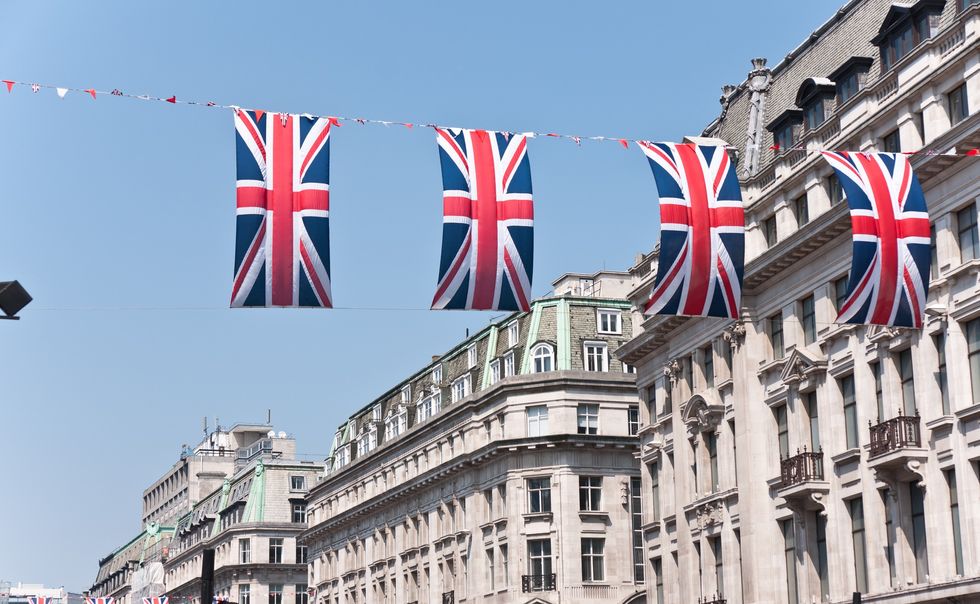Slavery may have made Britain 'poorer not richer', report finds

The author of the report stressed that the impact the victims suffered was devastating
Don't Miss
Most Read
A new study has found the British Empire only made "modest gains" from colonialism.
According to a new book by Kristian Niemietz at the Institute of Economic Affairs, slavery did not make Britain rich, and may even have made the nation poorer.
It comes following an ongoing debate over reparations for atrocities committed during the era of the British Empire.
More than 100 British families whose ancestors benefited from the slave trade, including former BBC broadcaster Laura Trevelyan, have pledged to seek ways to make financial amends.

There has been debate over the ongoing impact of the British Empire
|Getty
Niemietz said: "Profits earned from overseas engagement were large enough to make some individuals very rich, but they were not large enough to seriously affect macroeconomic aggregates like Britain’s investment rate and capital formation.
"The transatlantic slave trade was no more important for the British economy than brewing or sheep farming, but we do not usually hear the claim that ‘brewing financed the Industrial Revolution’ or ‘sheep farming financed the Industrial Revolution’."
The report was welcomed by Business and Trade Secretary Kemi Badenoch, who argued that Britain’s wealth was not built on imperialism.
The MP for Saffron Walden said: "It was British ingenuity and industry, unleashed by free markets and liberal institutions, that powered the Industrial Revolution and our modern economy."
LATEST DEVELOPMENTS

Kemi Badenoch has welcomed the new findings
|PA
She added: "It is these factors that we should focus on, rather than blaming the West and colonialism for economic difficulties and holding back growth with misguided policies.
"The paper argues persuasively that colonialism played a minor role in Britain’s economy, and may have actually been a net negative after accounting for military and administrative costs, a reminder that state overreach is always an expensive endeavour."
Niemietz added that while Britain overall profited little from slavery, its effect on its victims was devastating.
The regions affected still struggle today with what the economist calls "long-term scarring from imperialism and slavery", pointing to evidence "places that were once subject to short-termist colonialist extraction continue to have worse institutions today and are poorer as a result."
He said: "Colonialism and slavery were not zero-sum games that benefited the colonisers at the expense of the colonised.
"It was more like a negative-sum game, which hurt the latter without really benefiting the former."
He said the biggest example of a highly profitable colony was Belgium’s rule over the Congo, "often singled out as a particularly atrocious form of colonialism. It may have claimed up to 10 million lives."











